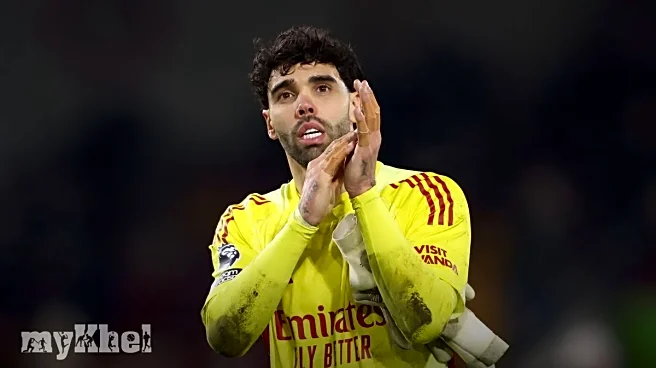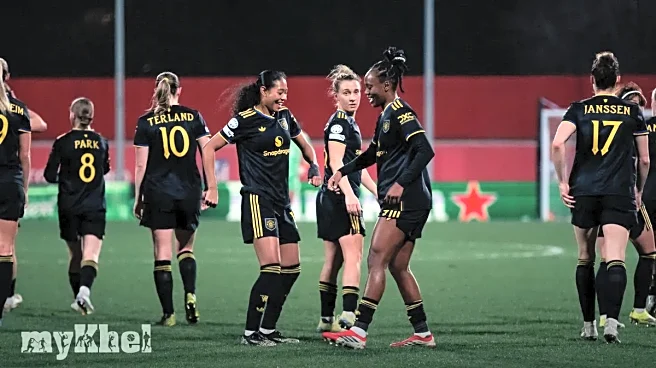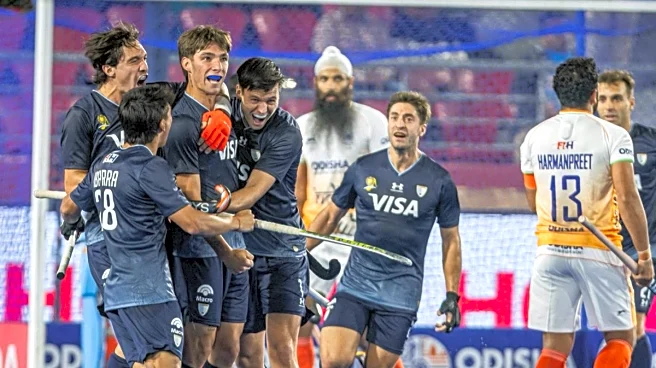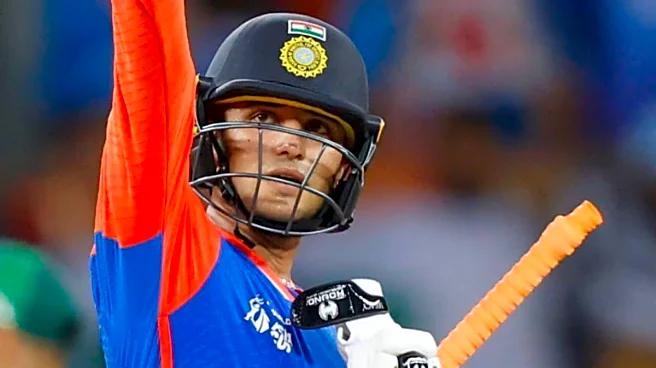Oscar Piastri reflected on a challenging period in his racing career, attributing part of his struggles to team orders from McLaren during the Italian Grand Prix. The Australian driver experienced a significant
downturn starting with a crash in Baku. This incident marked the beginning of a difficult phase, as his lead in the drivers' standings began to slip.
Two weeks prior to Baku, Piastri was instructed to let teammate Lando Norris reclaim second place after a pitstop error at Monza. Initially resistant, Piastri eventually accepted the decision but admitted it affected his mindset going into Baku. "Obviously, the race before [Baku] was Monza, which I didn't feel was a particularly great weekend from my own performance," he shared on F1's Beyond the Grid podcast.
In Baku, Piastri faced multiple challenges. He struggled with overdriving and dissatisfaction with his performance. An engine issue during FP1 further disrupted his rhythm. The C6 tyres used that weekend added complexity due to their tricky handling. These factors combined to create a difficult situation for him.
The fight for second is still anyone's guess! There are still 144 points up for grabs in the Constructors' Championship. who comes out on top? #F1 #BrazilGP pic.twitter.com/30omPXD40F Formula 1 (@F1) November 12, 2025
Despite these setbacks, Piastri acknowledged the learning opportunities they presented. "Ultimately, Baku was the perfect storm of quite a few things," he noted. While it was a tough weekend, he recognised its value in terms of technical and emotional growth. He emphasised that even top racers face disastrous moments in their careers.
Following Baku, Piastri finished fourth in Singapore and then secured three consecutive fifth-place finishes, including at the Brazilian Grand Prix. With three rounds remaining, he trails Norris by 24 points. Reflecting on these experiences has helped him gain perspective and focus on learning from each challenge faced.
Racing often involves unexpected hurdles that can impact even seasoned drivers like Piastri. By examining these events critically and extracting lessons learned, racers can improve their skills and resilience over time.
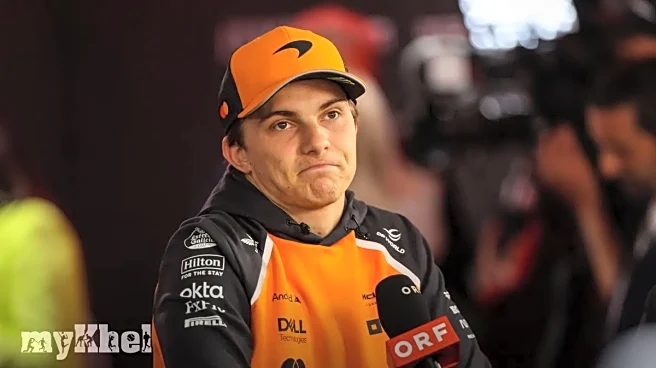

/images/ppid_59c68470-image-177094509331581965.webp)

/images/ppid_59c68470-image-177094504615411398.webp)
/images/ppid_a911dc6a-image-177094403738091205.webp)

